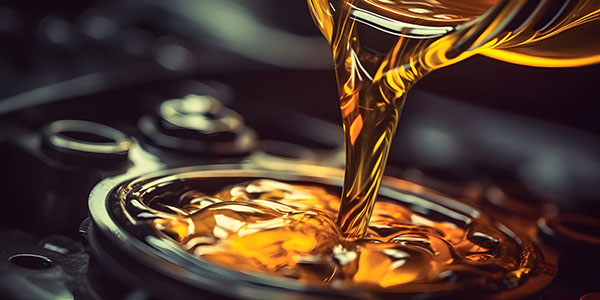
The vital fluids coursing through your vehicle's mechanical veins keep everything running seamlessly, from the engine to the brakes, and not just the gasoline that fuels its journey. But as vital as these fluids are, there's a surprising amount of misinformation and poor practice out there that can lead to costly repairs or even a breakdown.
Understanding Your Vehicle's Fluid Needs
Before we plunge into the specifics, let's acknowledge a simple truth: every vehicle is unique. Like the human body, each car, truck, or motorcycle has its own requirements when it comes to type, quantity, and change intervals for fluids. That said, common across all vehicles are some core types of fluids: engine oil, coolant (antifreeze), transmission fluid, brake fluid, power steering fluid, and sometimes differential fluid.
Best Practices for Fluid Maintenance
Regular Checks and Timely Changes
Adopting a regular maintenance schedule is critical. The owner's manual is your go-to guide for how often each fluid needs to be checked or replaced. For example, engine oil typically needs changing every 3,000 to 5,000 miles but may vary based on the make and model of your vehicle or the type of oil used.
Using the Right Type of Fluid
Always use the type of fluid specified by your vehicle manufacturer. Substituting with an incorrect type can lead to reduced performance or even damage. For instance, using a different coolant can lead to corrosion within your radiator, while an incorrect transmission fluid can cause slipping or eventual failure.
Ensuring Proper Fluid Levels
Too little fluid can lead to inadequate lubrication or cooling, while too much can cause increased pressure, leading to leaks or damage. Keeping levels within the recommended range is key.
Worst Practices That Could Damage Your Vehicle
Ignoring Leaks
A small drip may not seem like a big deal but could be indicative of a more significant issue waiting to happen. Addressing leaks promptly can prevent more extensive damage down the line.
Mixing Fluids
Different fluids have different properties and are designed for specific functions; mixing them can reduce their effectiveness and harm vehicle components. For example, mixing types of antifreeze can result in a gel-like substance that doesn't circulate well.
Overfilling Reservoirs
More isn't always better—overfilling any fluid reservoir can cause problems such as frothing in engine oil or blown seals in hydraulic systems due to excessive pressure.
Neglecting Quality
Cheaping out on fluids might save money initially but could cost more in long-term damages. High-quality fluids offer better protection and longevity for your vehicle's parts.
Skipping Flushes When Needed
Some systems require an occasional flush rather than just topping up because old fluid loses its effectiveness over time. Make sure not to skip these important maintenance steps.
Do you want to stay far away from fluid issues and in general, vehicle problems? Contact us at Sunny Service Center, and we will do everything necessary to make your car reliable and efficient!